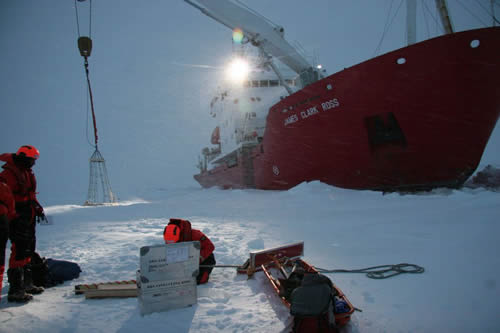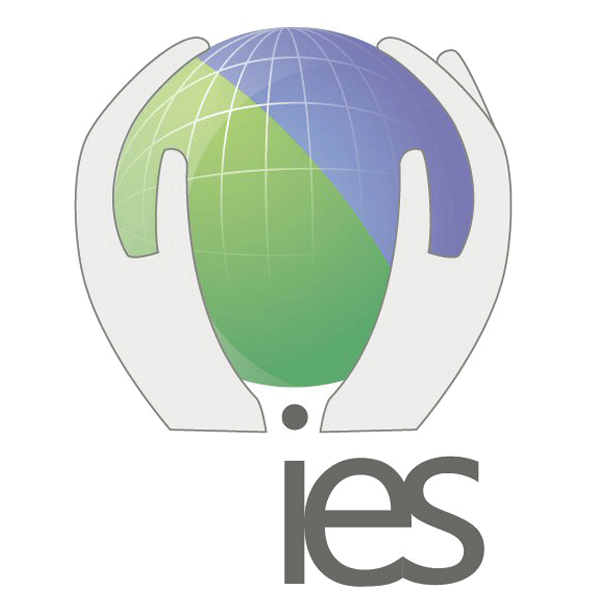Palaeobiology and Ecosystem Dynamics

We are broadly interested in how ecosystems have been shaped by changes to the Earth system.
We utilise fossils to examine life in the geological past, and living material from ecosystems on Earth today. We study both marine and terrestrial ecosystems, and undertake detailed work on single specimens collected in the field, as well as investigations of assemblages comprising thousands of specimens.
These observational studies of past and modern ecosystems are complemented by numerical modelling studies of Earth's climate and biosphere.
Our investigations of marine ecosystems are based around two main approaches. The first is studies of marine invertebrate fossil assemblages collected in the field within high-resolution stratigraphic frameworks that have been established using detailed field sedimentology. The second approach exploits the fossil record of marine plankton that is exceptionally highly resolved both temporally and geographically and is accessed via deep-sea sediment cores taken by the International Ocean Discovery Programme.
Our work on terrestrial ecosystems is primarily based on the use of pollen and spores, together with leaves and other plant organs such as flowers. The modelling work that we undertake ranges from Bayesian models for palaeoenvironmental reconstruction, to the development of atmosphere-ocean general circulation models such as PLASIM-GENIE.
If you have any questions or want to find out more please contact Luke Mander.
News
Celebrating our new Professor of Ocean Biogeochemistry, Pallavi Anand
We are celebrating another new professor in EEES, following the promotion of Dr Pallavi Anand to Professor of Ocean Biogeochemistry.
Celebrating our new Professor of Planetary Mineralogy, Susanne Schwenzer
We are celebrating a new Professor in EEES. Dr Susanne Schwenzer has recently been promoted to Professor of Planetary Mineralogy.


